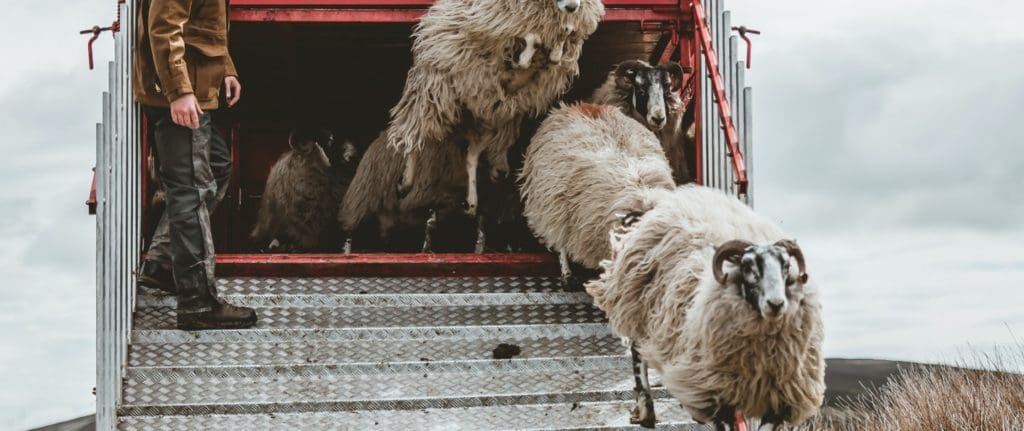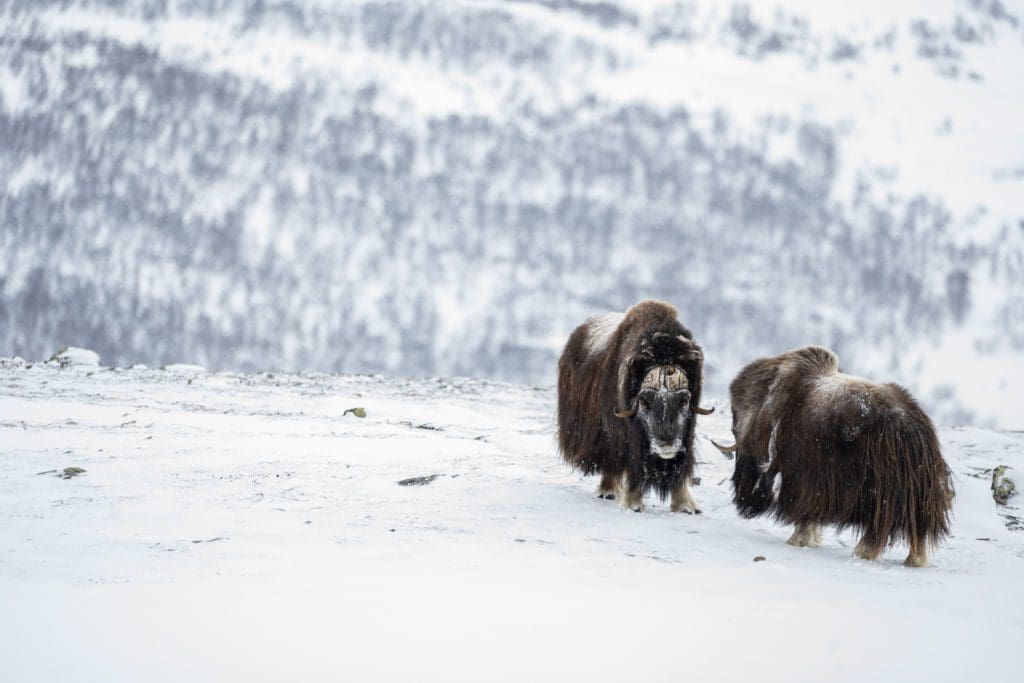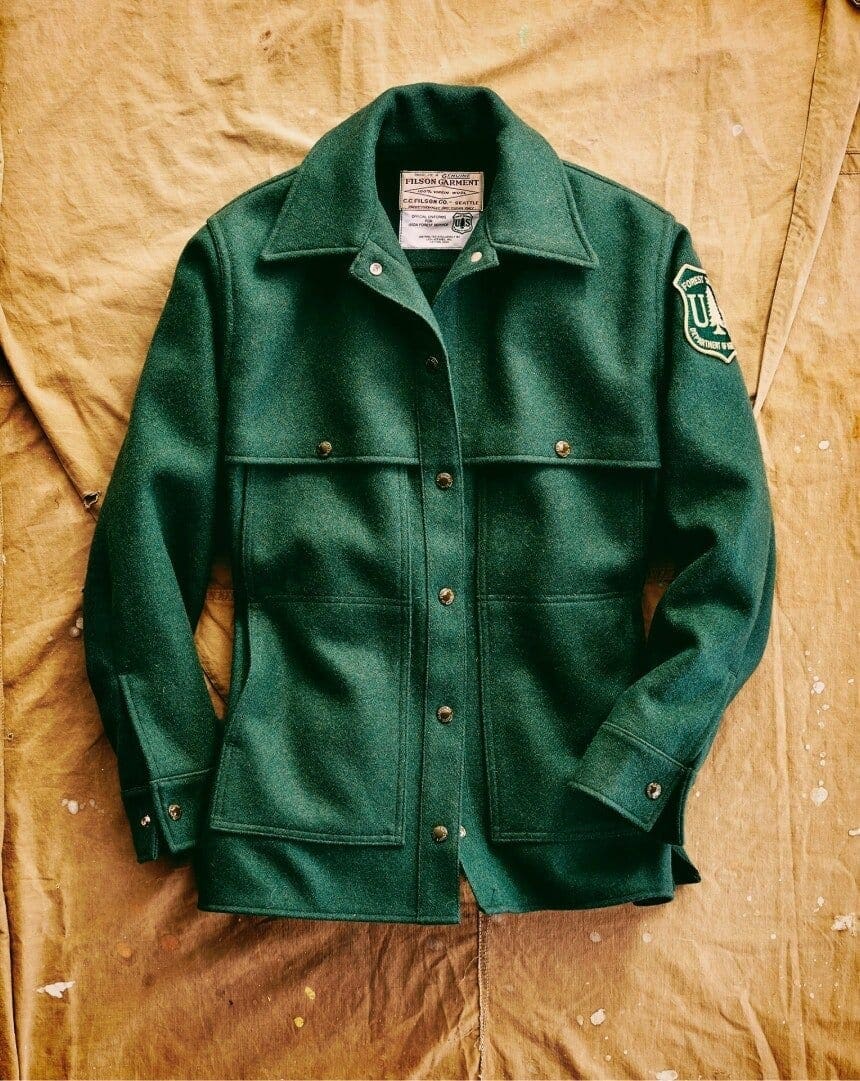|
Getting your Trinity Audio player ready...
|
Originally patented in 1914 as the Wool Cruising Shirt, C.C. Filson’s Cruiser was designed for foresters and timber cruisers in the rain-soaked Pacific Northwest forests.
Established in Seattle in 1897, Filson is the leading outfitter and manufacturer of unfailing goods and apparel. Built upon a reputation for reliability, Filson has been trusted by generations of anglers and hunters, engineers and explorers, mariners and ranchers, and anyone who refuses to stay indoors.
I first became acquainted with Filson when I moved to Seattle to start my first job after college in 1989 as an engineering geologist. I worked on civil infrastructure projects all over the Pacific Northwest and Alaska with my gear and apparel from Filson. The thing I most appreciate about Filson is the quality of their materials.
Part of what makes Filson so unique, is the consistent use of the best materials available. These materials have made truly revolutionary clothing over the years because they are so unique and distinct. Below we are some of the signature materials that have made such an impact today.
Filson has been a wool expert for over 125 years. In fact, their original name in 1897 was Seattle Woolen Manufacturing Company, Pioneer Alaska Clothing and Blanket Manufacturers. They got our start making woolen goods to outfit the adventurous prospectors heading north seeking fortunes in the Alaskan Gold Rush.
Mackinaw Wool
Filson’s Mackinaw Wool clothing are built with their warmest wool from the iconic Pendleton Woolen Mills, the same wool used in their Cruiser that’s provided protection from cold and wet conditions for over a century.

Each spring, the sheep are shorn of their of their winter fleece, preparing them for the warmer weather to come. Photo by Filson.
Because Filson’s Mackinaw Wool is made with the fleece of sheep raised in the Pacific Northwest, naturally it’s the ideal wool to shield humans from soggy or frigid weather. With uncommonly-tight weave, it’s a formidable barrier to wind, and withstands tough use for decades. Due to its complex fiber structure, Mackinaw Wool also offers an unheralded benefit–it’s very simple to care for. Dried dirt brushes off with ease, leaving no trace of its existence. To remove odors, a dry Mackinaw Wool Vest can be tumbled in a warm dryer, and nearly always come out smelling fresh.
Filson began making clothing out of wool to keep those traveling up north warm while they dig for gold. Filson believes in making the best products they can because sometimes their customers’ lives, quite literally, rely on it. If Filson gear is not warm enough, then people may fall victim to exposure. To this day, Filson wool is highly trusted and used by outdoor professionals including loggers, guides, backcountry packers, and the U.S. Forest Service.
Filson uses virgin wool rather than recycled wool. Recycled wool is made from tearing up previously-woven garments and re-spinning the shredded fibers into yarns, making a scratchy, harsh and weak article of clothing. When using virgin wool you use sturdy wool fibers that have no nylon added. This makes it so that 100% of the fabric has the warmth and moisture-wicking abilities. In addition to only using virgin wool, Filson searches for the best mills available.
Mackinaw Wool was used to create the 1914 Mackinaw Wool Cruiser that to this day, is almost unchanged. When something is perfect, why change it? The Cruiser was designed for timber cruisers and is the perfect example of a purpose-built jacket. The wool was made from fleece directly from a sheep that was meticulously sorted through to find the most study fibers that are the most suited for fighting cold temperatures. It is extremely tightly woven till which provides warmth, wind-resistance, and durability without excess bulk. This thought is woven into all of Filson’s wool products to create the perfect outdoor gear.
Shop Filson Mackinaw Wool
Searching for Muskox in the Alaskan Arctic
With no reason to fear mankind, the muskox was almost driven to extinction by the advent of guns that ripped through the slow-moving herds. In Alaska and on the rest of the planet, they simply disappeared by the late 1800s. All that was left of an animal that had been around since the time of the caveman were fuzzy stories passed down through Indigenous communities.

Muskox.
As a company founded on equipping folks headed into the frozen desolation of the Klondike goldfields in 1897, they knew that they needed to do something that was a bit off the beaten path. With this in mind, Filson decided to head to the western edge of Alaska, above the Arctic Circle to tell the tale of the remarkable rebirth of an animal that was hunted to extinction in North America over a century ago, the musk ox.
Popular Articles:
Filson’s Best New Arrivals For Spring
Filson – Rugged Quality for 120 Years
Filson Presents their First Annual Limited-Edition Collection
Showers Pass’ Merino Shirts and Hoodies Are Perfect For Spring Training
SwiftWick FLITE XT Trail Elite Are Advanced Socks For Hiking











